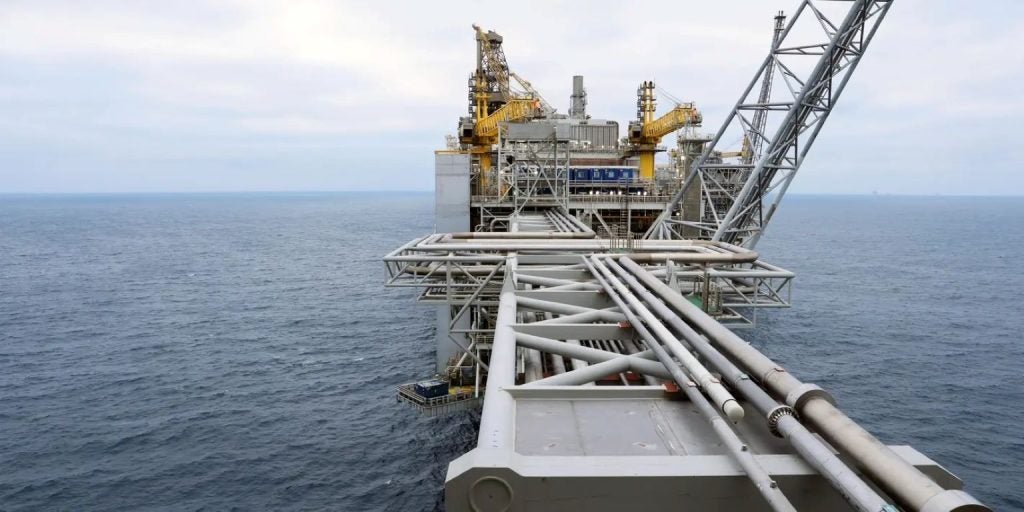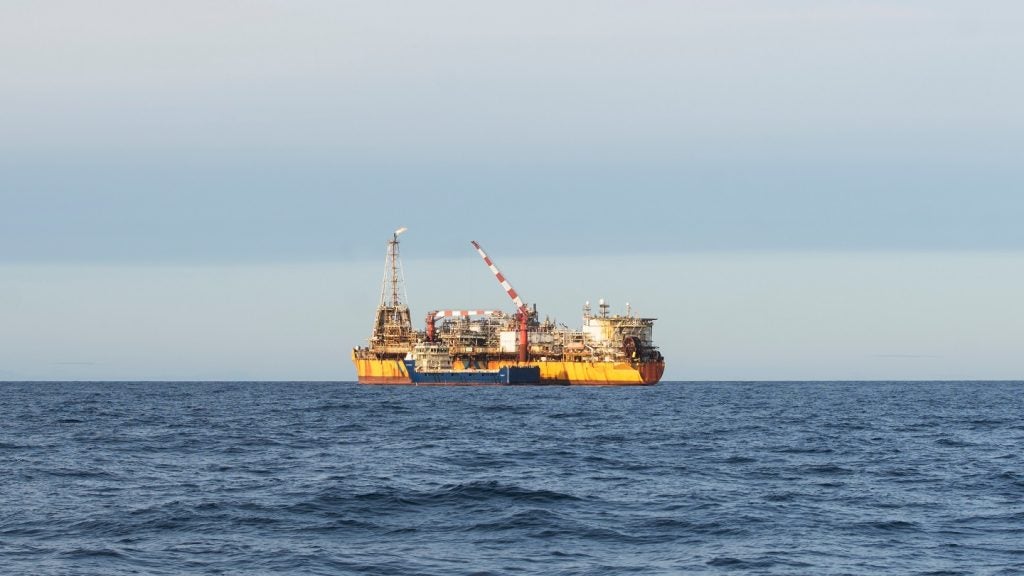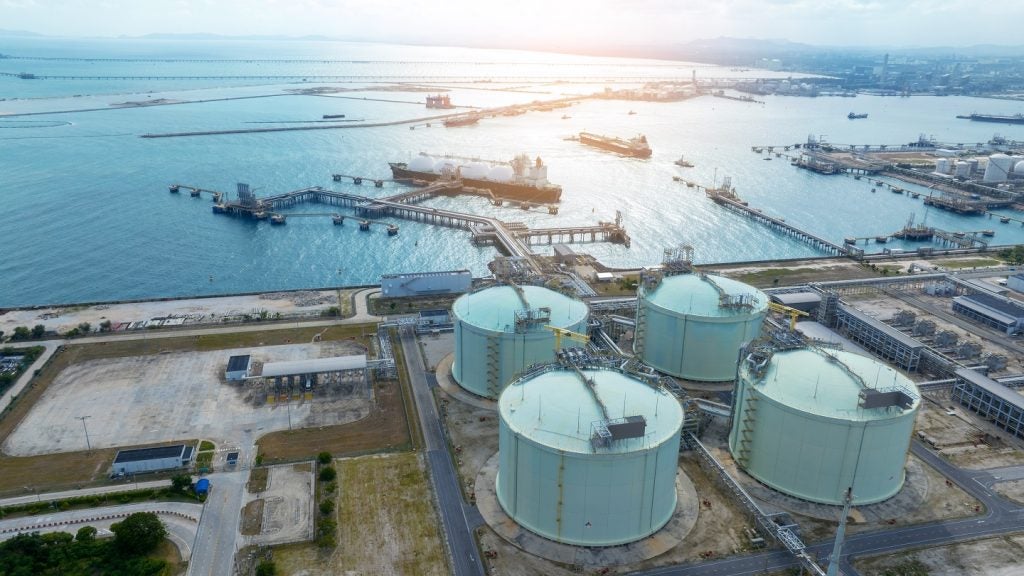Geographe Thylacine is a producing conventional gas field located in shallow water in Australia and is operated by Beach Energy (Operations). According to GlobalData, who tracks more than 34,000 active and developing oil and gas fields worldwide, the field is located in block T/30P, VIC/P43, VIC/L23, T/L3, and T/L2, with water depth of 331 feet. Buy the profile here.
Field participation details
The field is owned by Beach Energy and O.G. Energy Holdings.
Production from Geographe Thylacine
The Geographe Thylacine conventional gas field recovered 74.32% of its total recoverable reserves, with peak production in 2013. Based on economic assumptions, production will continue until the field reaches its economic limit in 2036.
About Beach Energy (Operations)
Beach Energy (Operations) Ltd is a subsidiary of Beach Energy Ltd energy company that focuses on exploration, development, and production of conventional and unconventional oil and gas resources. The company is headquartered in Adelaide, South Australia, Australia.
See Also:
For more details on the Geographe Thylacine Conventional Gas Field, buy the profile here.
Premium Insights
From

The gold standard of business intelligence.
Blending expert knowledge with cutting-edge technology, GlobalData’s unrivalled proprietary data will enable you to decode what’s happening in your market. You can make better informed decisions and gain a future-proof advantage over your competitors.






